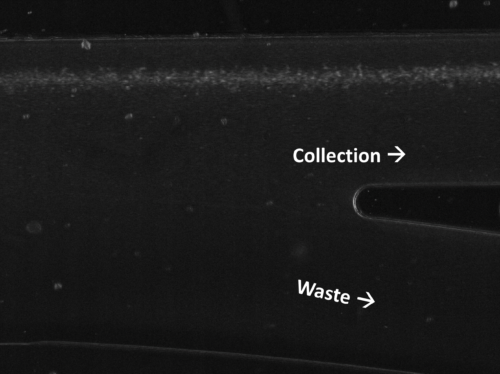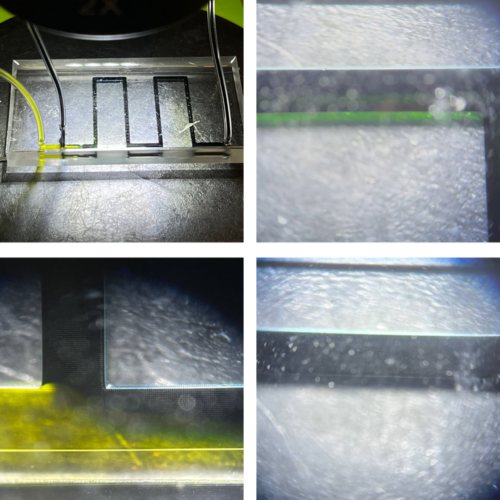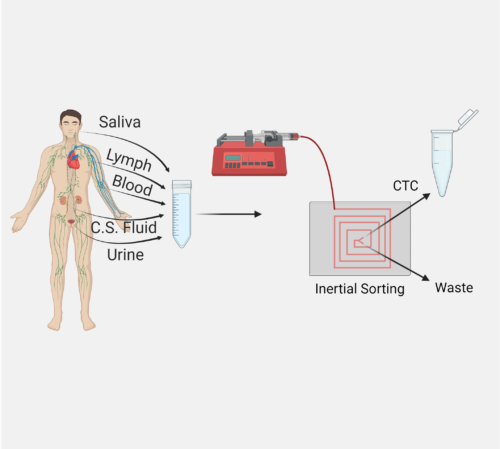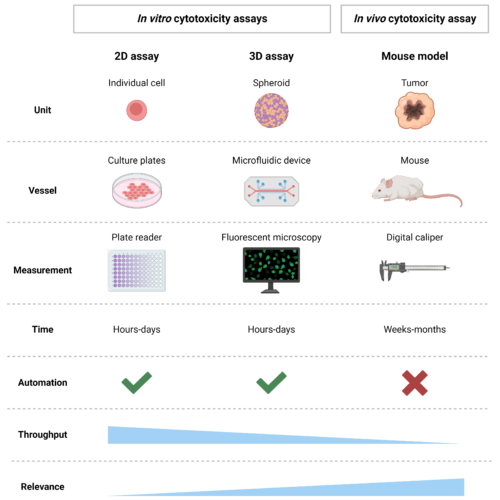Description
In the cutting-edge field of microfluidics, droplet-based systems stand out for their unparalleled ability to handle minute volumes of fluids in a highly controlled, laminar flow regime. This technology facilitates the manipulation of fluids in immiscible phases, enabling precise experiments at the microscale with significantly reduced reagent and sample volumes. The past few decades have witnessed a burgeoning interest in droplet microfluidics, driven by its potential to revolutionize cell culture, molecular biology, and chemical synthesis.
One of the pivotal applications of droplet microfluidics is in cell culture, where it transforms the way single cells or cell groups are incubated, analyzed, and sorted. The ability to generate thousands of microdroplets per second allows for high-throughput screening of cell populations, revolutionizing our understanding of cell kinetics, protein secretion, and cellular behaviors. This method significantly reduces the volume of reagents and cells used, making the assays more efficient and cost-effective than traditional cell culture methods.
Materials like Polydimethylsiloxane (PDMS) and perfluorocarbon carrier oils play a crucial role in these systems, providing the necessary conditions for cell viability and long-term culture. Innovations like stationary droplet arrays and on-chip incubation further exemplify the adaptability and efficiency of droplet-based microfluidics in biological research.
Beyond biology, droplet microfluidics has made significant strides in protein crystallization, enabling the precise determination of conditions for crystal growth. In genomics, droplet-based PCR amplifies DNA with unprecedented speed and efficiency, facilitating rapid genetic analysis and mutation library construction. Directed evolution campaigns benefit immensely from this technology, allowing for the fast screening of vast gene libraries at a fraction of the cost of conventional methods.
Chemical synthesis within microdroplets heralds a new era of chemical engineering, where reactions occur with enhanced selectivity, reduced waste, and minimal energy consumption. The synthesis of nanoparticles, microparticles, and gel particles via droplet microfluidics introduces a level of control and efficiency previously unattainable, opening new avenues in drug delivery, materials science, and beyond.
Recent advances in droplet microfluidics, including integration with analytical instruments and the development of novel materials and device geometries, promise to expand its applications even further. From chemical synthesis to directed evolution and beyond, droplet-based microfluidics is reshaping the landscape of scientific research and industrial application, heralding a new era of miniaturized, efficient, and cost-effective experiments.
Get in touch with us to provide help you facilitate your research and workflow with droplet microfluidics










